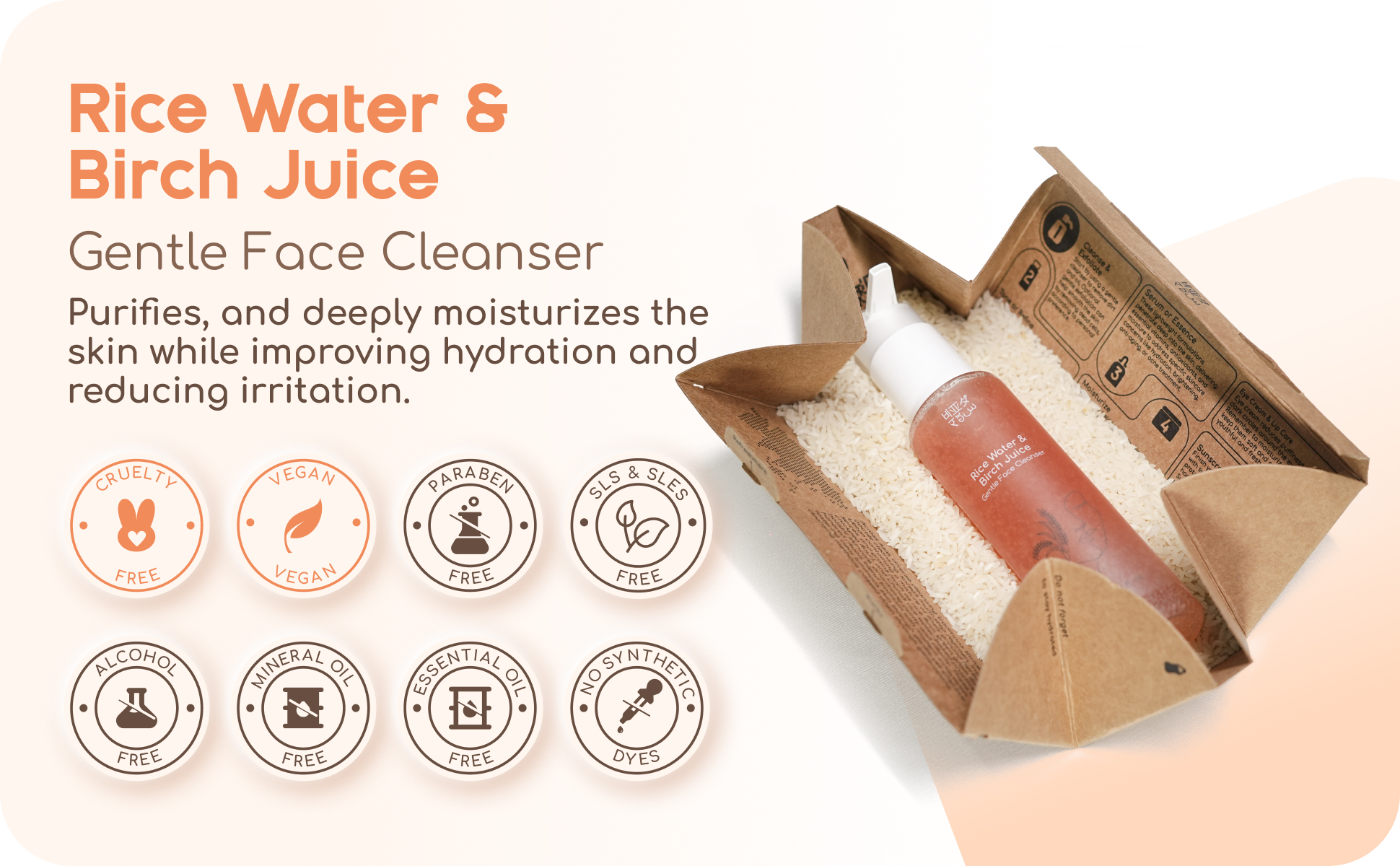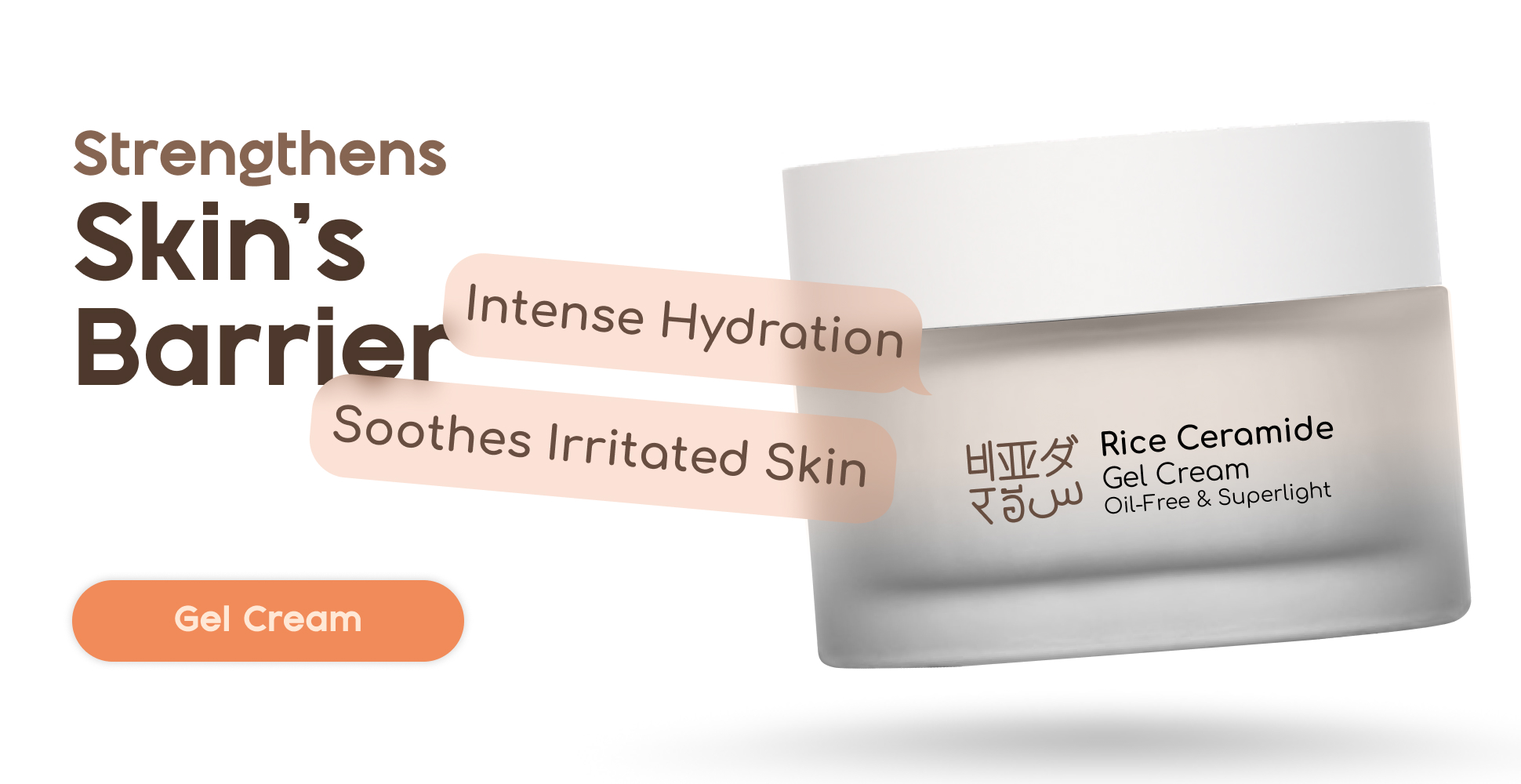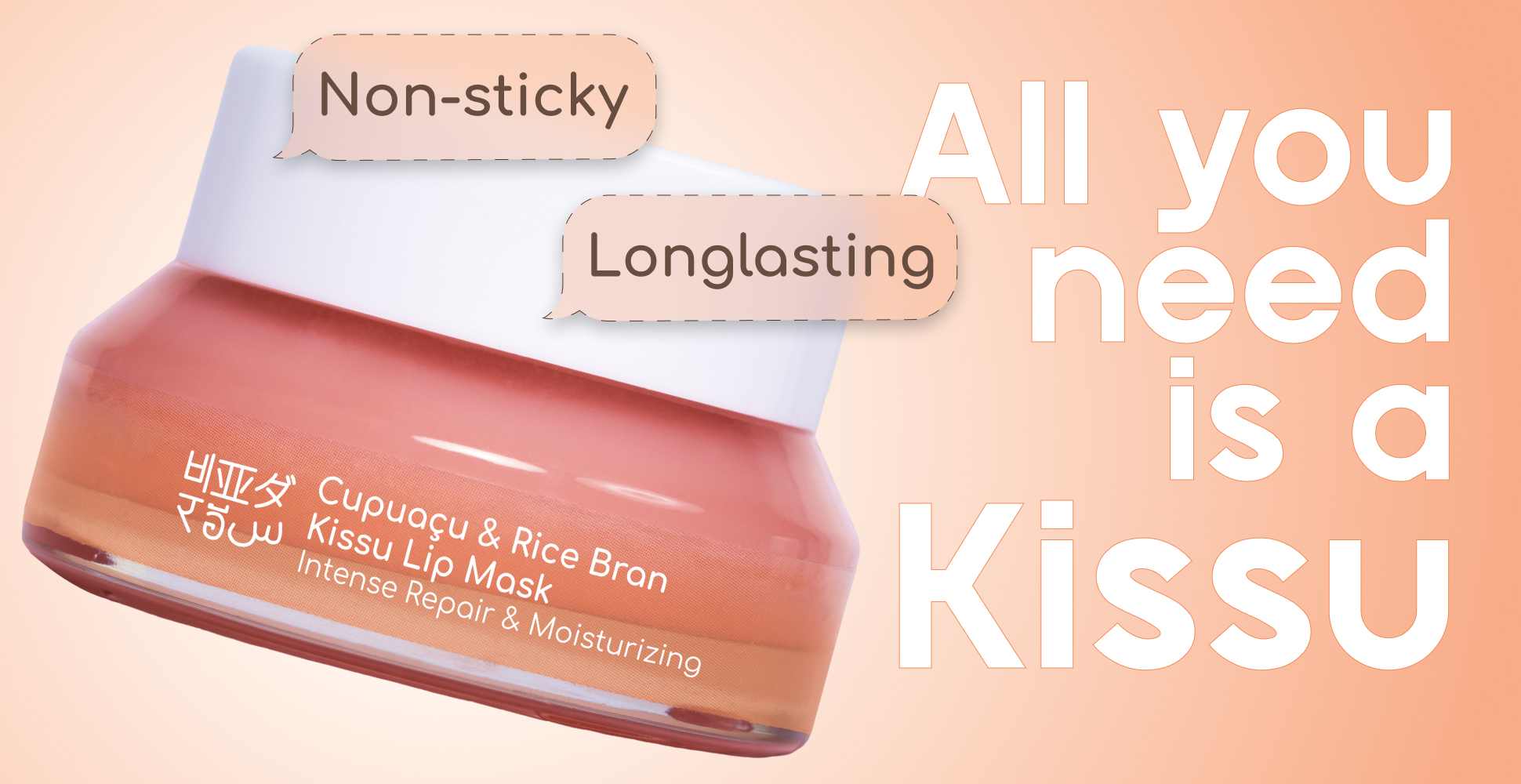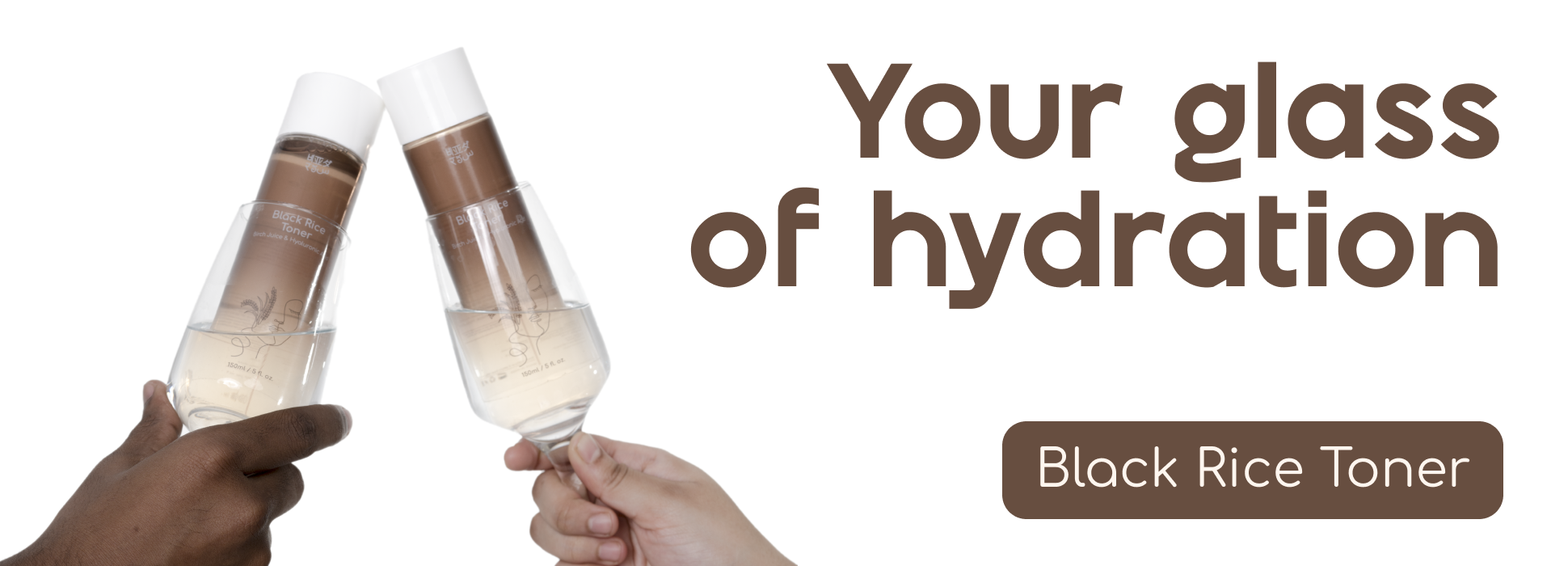Our Hero Products
Kissu Lip Mask – Capuacu butter, Jojoba oil & Rice Bran
Rice bran oil and Rice water in cold process soap
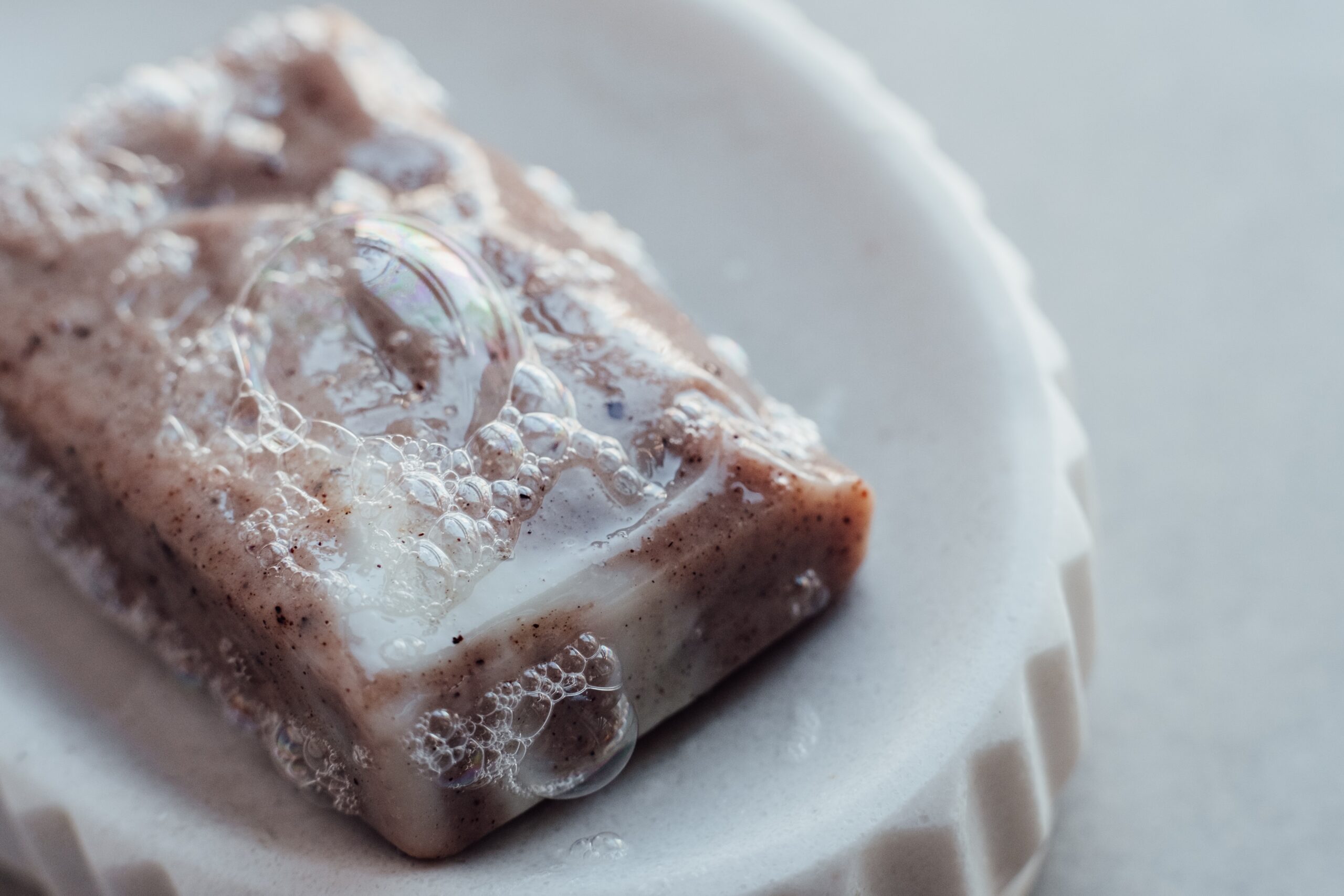
So if you don’t know what a cold process soap is, It is basically a natural handmade process of making bar soaps using oils or fats and Lye. Cold process soap-making is like a delightful art, allowing you to tailor each soap to your preferences and needs. Rice bran oil and Rice water in a cold process soap is a custom variant we are discussing today.
If you’re someone who’s drawn to the magic of natural ingredients, you must know about the advantages and benefits you can have through rice bran oil and rice water. Moreover, cold-process soap is one of the ancient discoveries for making a foaming soap bar with oils, fats, water, and Lye.
Understanding Cold Process Soap Making
Before diving into the role of rice bran oil and rice water, let’s first understand the cold process of soap-making. It’s a method of making soap from scratch using oils or fats and lye (sodium hydroxide or caustic soda). The cold process allows for better preservation of the beneficial properties of the ingredients used.
Role of Lye
Lye or Sodium hydroxide in a cold process soap making is the agent that does the saponification process. In this process, all the given oils, fats, and Lye are blended to transform into soap after a curing time. This curing time is where the saponification process is being done. At the end of this process, Lye is all evaporated and all you are left is with a soap bar consisting of oils, fats, and liquids of what you have given.
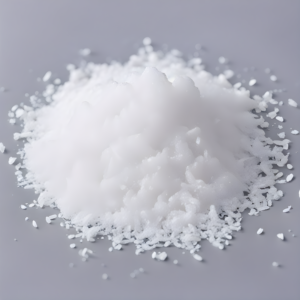
Lye is an alkali substance that can cause burns on the skin when dealt with without safety precautions. It is always suggested to wear lab gloves and safety goggles while doing cold process soap making by yourself. While blending you can also see fumes coming out which is why goggles are important.
Oils in Cold Process Soap making
There are so many oils that are used in this soap-making process. But the most used oils are coconut oil, palm oil, castor oil, Olive oil, sunflower oil, jojoba oil, and many more. Each and every oil has a different property for a soap. Not just different property but also they have unique SAP.
What is an SAP value? The SAP value of an oil is used to determine the amount of Lye that will be required to fully saponify the given oils. If More Lye is added it causes skin burn and skin damage. And if less Lye is added it is called superfatting which is the usual practice done to produce butter soaps. A small amount of oil is not saponified which can nourish and moisturize the skin.
The oils you choose for making a cold process soap can determine your soap properties like Hardness, conditioning, Creamy foam, bubbly foam, Longevity, cleansing, and a few others.
Cold process soap formula calculator
It is a bit of work to manually take SAP values of oil and calculate the formula and ratio of how much lye and oils to go into the recipe. There are so many soap calculators online for free which are very easy to use and let you experiment with different formulas.
The most commonly used soap calculator is www.soapcalc.net. This one is very old and a classic soap calculator has been used for ages. There are still good soap calculators with modern user interfaces and one of my favorites is soapmakingfriend.com.
Role of Liquid or Water
The most important and very initial step to do while making these soaps is to keep ready Lye solution ready. You can’t directly mix the lye into the oils or fats you want. Lye has to be diluted in distilled or purified water for a minimum weight ratio of 1:1. And the maximum weight ratio will be 1:3.
Anything above and below the specified ratio will turn out to be a failure in the process. This ratio defines your Lye concentration, A more diluted solution has less concentration making the soap slow cure, and a high concentration will give you a faster tracing point and cure faster.
In the soap calculators specified above you are allowed to manually specify the Lye concentration or Lye Ratio or Lye percentage according to your convenience of understanding it. After you give all your choices of Lye concentration, oils, and their percentages you will be given with exact amount of quantities you will have to take and you will also know the properties of your soap output.
Rice Bran Oil in Cold Process Soap Formula
Starting by what a Rice bran is and how Rice bran oil is extracted. I have very recently written a blog post here about how Rice bran oil is made out from rice in a very detailed form. To directly brief you in short, When rice is polished the outer fiber layer is discarded in powder form. This powder is Rice bran from which when pressed we get Rice bran oil.

Rice bran oil is a very good alternative to olive oil in soap making, in fact, I personally feel rice bran oil does better than olive oil in a bath soap. The only drawback that soapmakers face is that rice bran oil will be sticky and give rice odor which is not so pleasant. apart from that it has many nutrients, a creamy texture, Nourishment, and moisturizing properties.
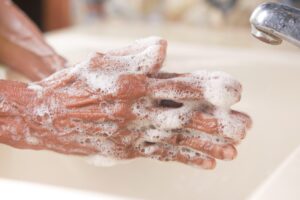
If you are looking to make a luxurious soap with properties like creamy lather, nourishing, hydrating, and moisturizing properties, Rice bran oil should go with your oils for cold process soap making. But make sure you balance the hardness and longevity properties with oils like palm oil and coconut oil.
Rice Bran oil Ratio
As of what the majority of soapmakers say, Rice bran oil cannot go more than 30% of the total oils you use and similarly, coconut oil also should be below 25%. This ain’t any strict rules to follow, there are 100% coconut oil soaps made and doing good in the market. But these are insights for making a balanced soap with neutral properties.
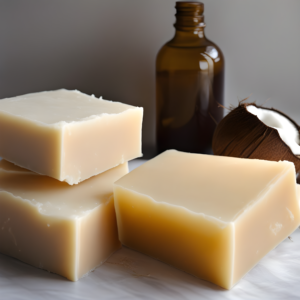
Rice bran oil, in the cold process soap formula, ensures a gentle cleanse while maintaining the skin’s natural oils. It’s a wonderful option for all skin types, including sensitive and mature skin. Additionally, it promotes an even skin tone and can help minimize the appearance of pores, making it a popular choice in rice skincare. Now, let’s move on to another wonder from rice – rice water.
Rice Water in Soap
Rice water, often termed as “the fountain of youth,” has been a beauty secret in Asian skincare for centuries. There is another blog post I have shared some interesting Rice skincare history in asian countries, click here to read it. Rice water has been the most used skincare practice from ancient days in countries like China, Japan, India, Korea, Vietnam, and more.
It’s the water leftover from rinsing the rice. Surprisingly, this humble leftover water is rich in vitamins, minerals, and amino acids. When used in cold process soap-making, rice water brings a gentle and soothing touch to the soap, making it an ideal option for those with sensitive or irritated skin.
Incorporating Rice Water into Cold Process Soap Making
Including rice water in your cold process soap is a simple yet impactful process. After rinsing rice, the leftover milky water can be used as part of the liquid content in your soap recipe. Simply strain the rice water to remove any impurities before mixing it with the lye during soap-making.
As we already discussed about how Lye solution is made, you can replace some portion of water with rice water. And rest of the process remains the same, but you should look at how the Lye solution reacts with Rice water. Sometimes it forms a jelly-like solution.
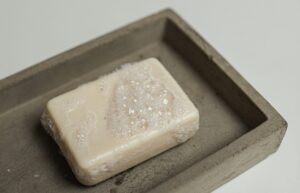
Rice water complements a milky white color naturally to the soap
To overcome this situation of forming a jelly-like lye solution, you will have to mix water with lye. And later on, add rice water when you are about to mix it with oil. So that there won’t be any reaction as there are oils happening to react with Lye. The rice water will lend its gentle properties and nutritional benefits to your soap, providing a tender cleanse.
The Benefits of Rice Bran Oil and Rice Water for Skin
Both rice bran oil and rice water offer remarkable benefits for the skin. Rice bran oil, with its moisturizing and nourishing properties, keeps the skin soft, supple, and youthful. It helps in reducing fine lines and wrinkles, making it a prized ingredient in anti-aging skincare routines. Additionally, the antioxidants in rice bran oil aid in protecting the skin from environmental stressors.
On the other hand, rice water contains ferulic acid and allantoin, which possess anti-inflammatory and soothing properties. It aids in calming and brightening the skin. When used in cold-process soap-making, these benefits are seamlessly transferred to the soap, resulting in a gentle and nurturing product for your skin.
To know more about Rice bran oil in a soap click here. And also there’s another blog post about how good is rice water for your face.
Incorporating rice bran oil and rice water in your cold process soaps can be a game-changer for your skincare routine. Their natural goodness and ease of integration make them a popular choice among soap-makers. Experiment, embrace the beauty of rice, and treat your skin to the nourishing magic of these rice-derived ingredients. Whether you’re a cold process soap-making enthusiast or a skincare lover. Rice bran oil and rice water are your allies in achieving a radiant and healthy complexion. Happy soap-making!
So, Go ahead and create your own batch of cold-process soap infused with the goodness of rice bran oil and rice water. And let your skin revel in the benefits of these age-old Asian skincare secrets.

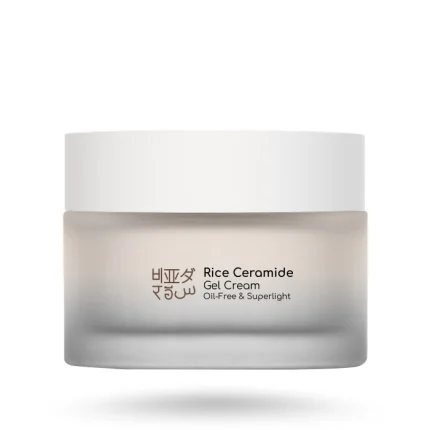
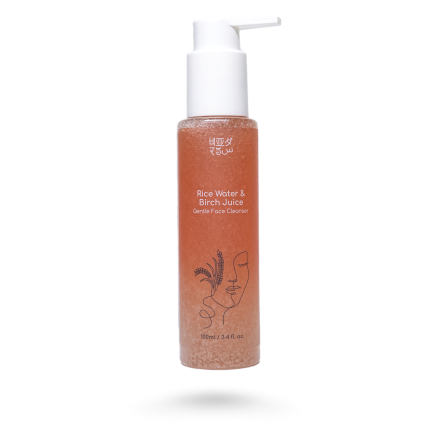
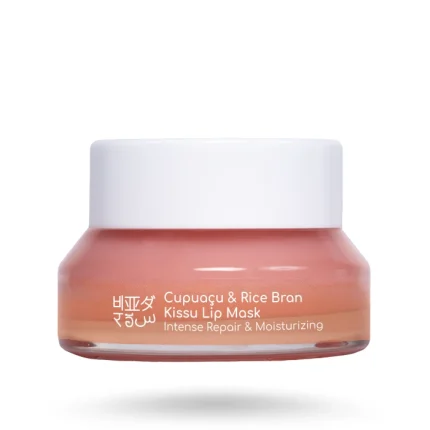
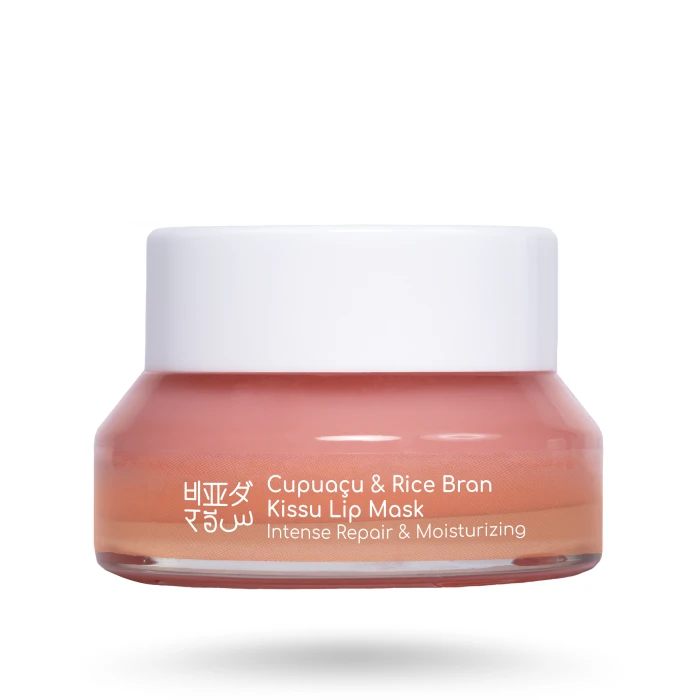
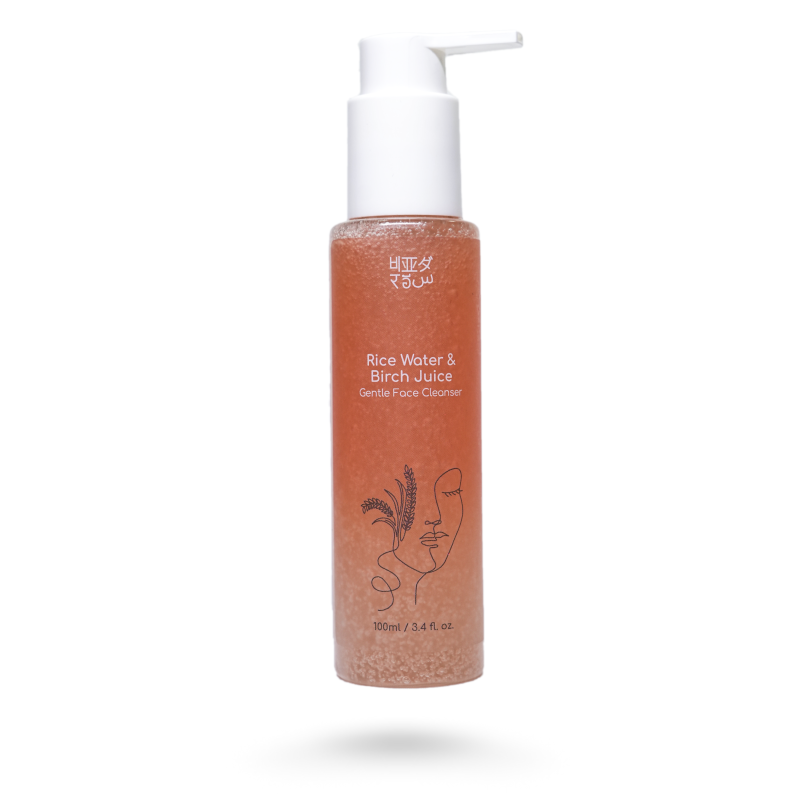
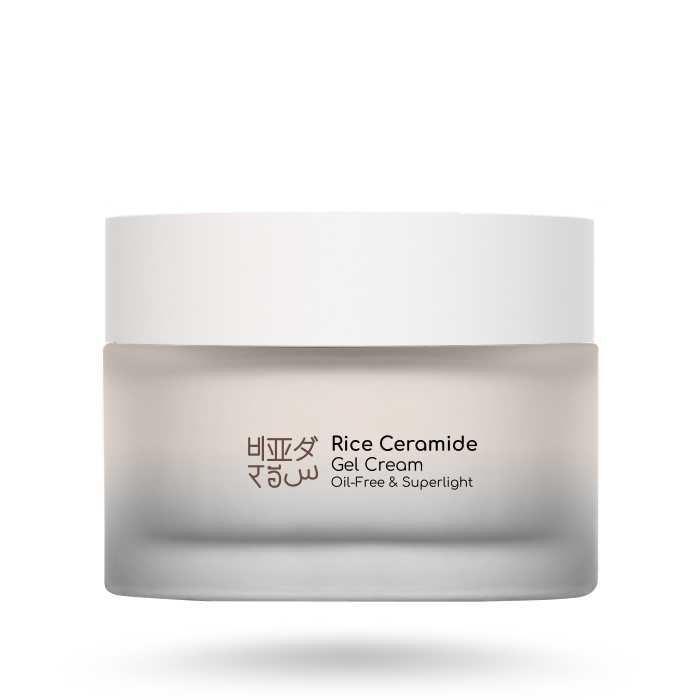
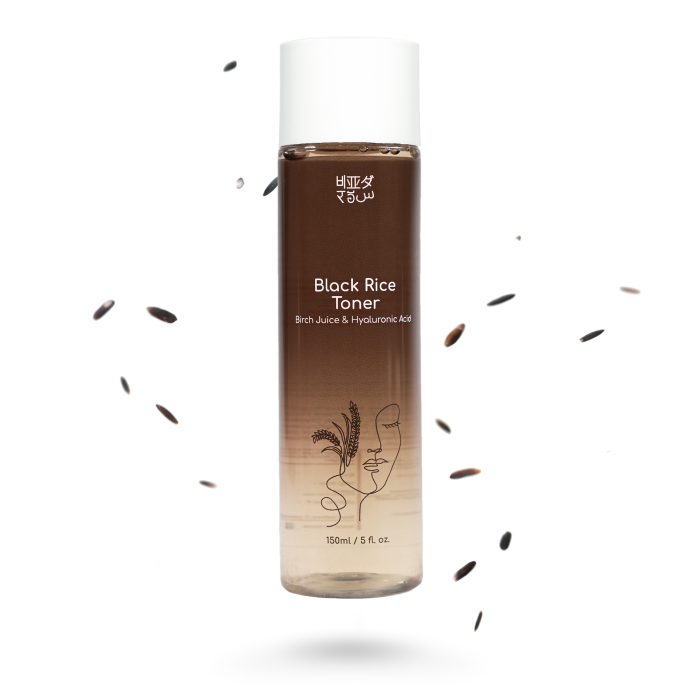
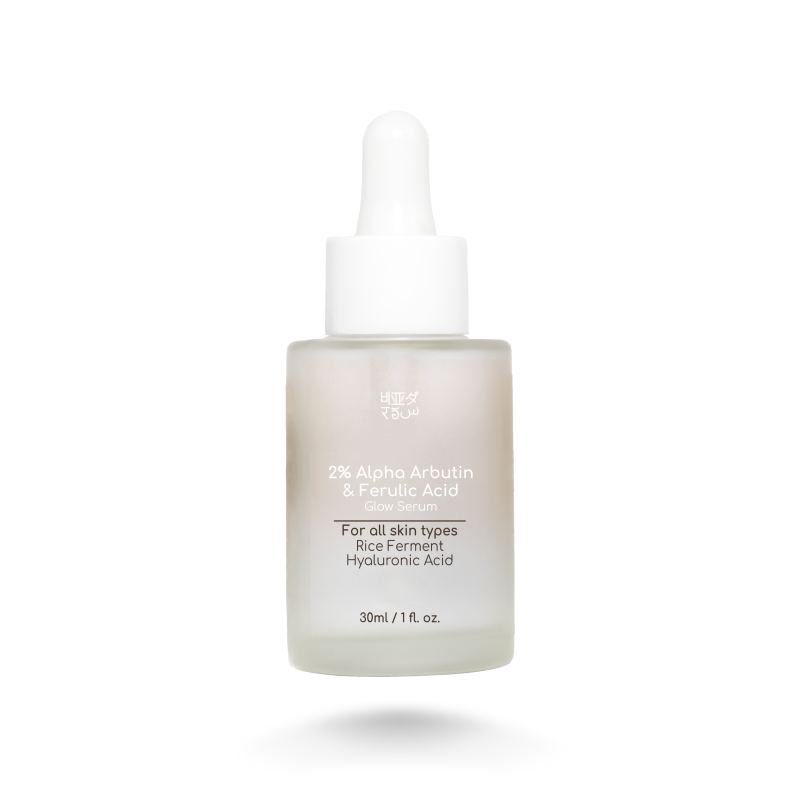
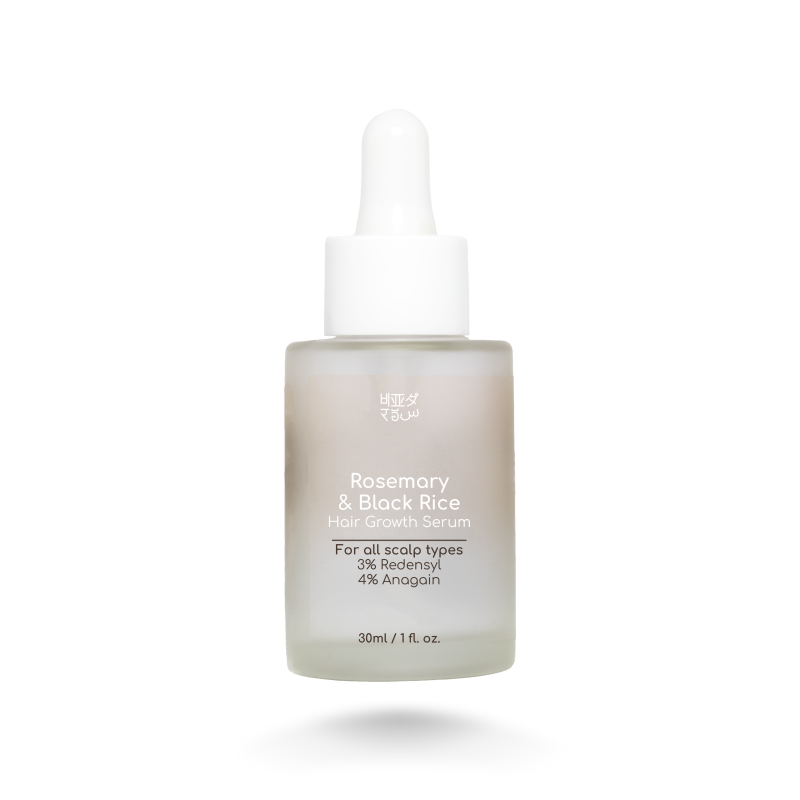
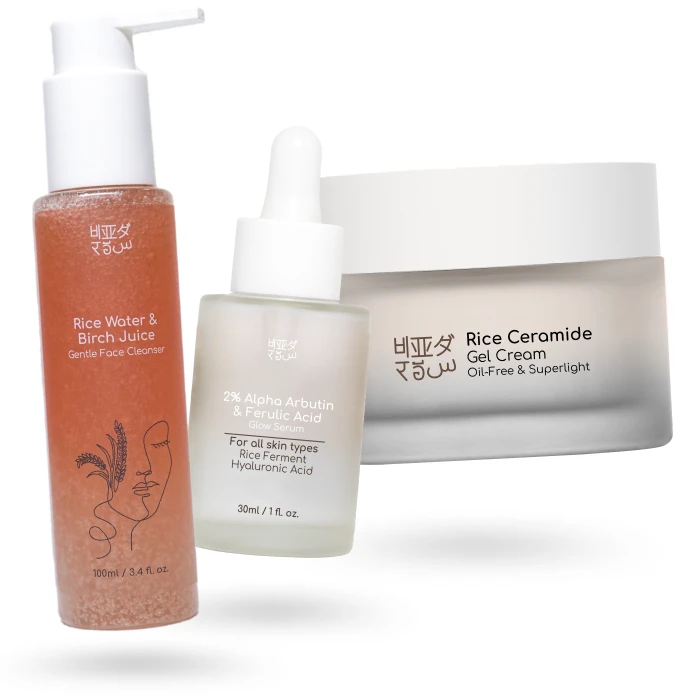
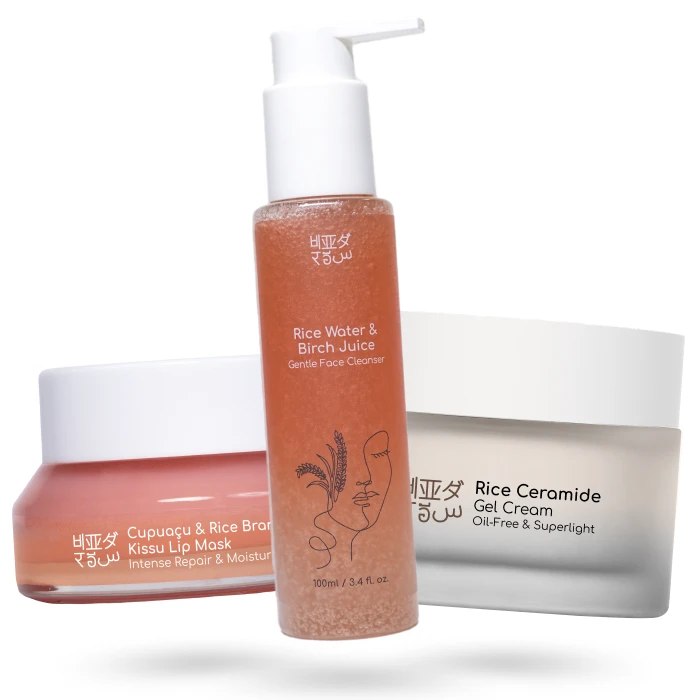
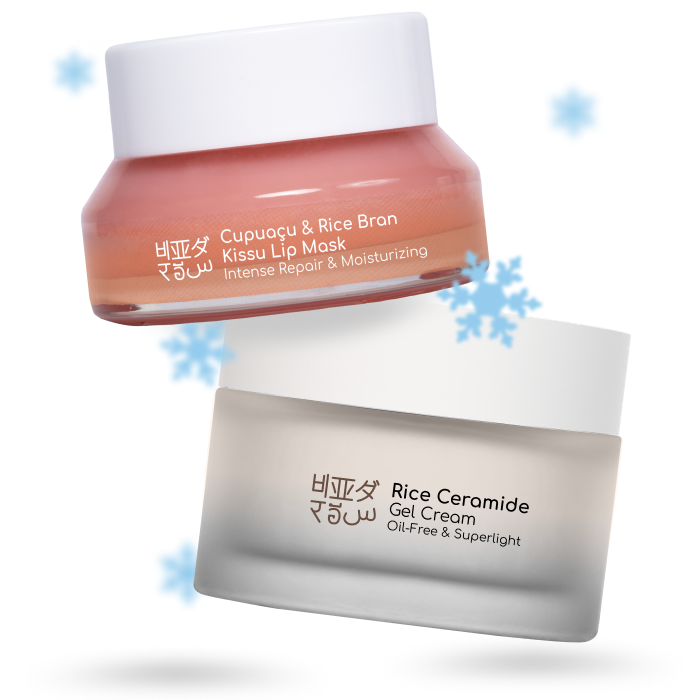
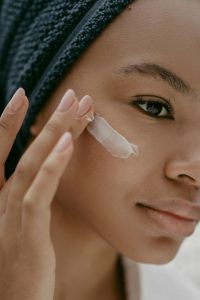
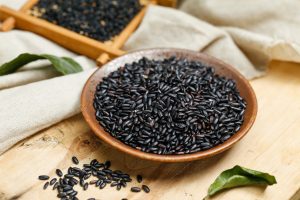




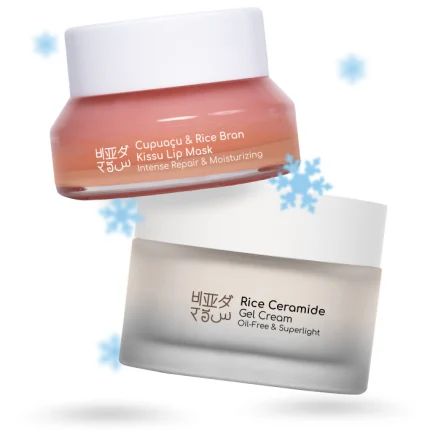
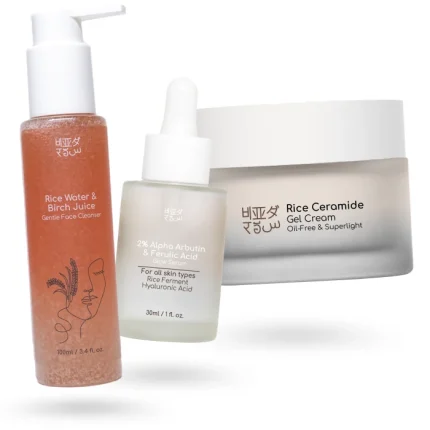
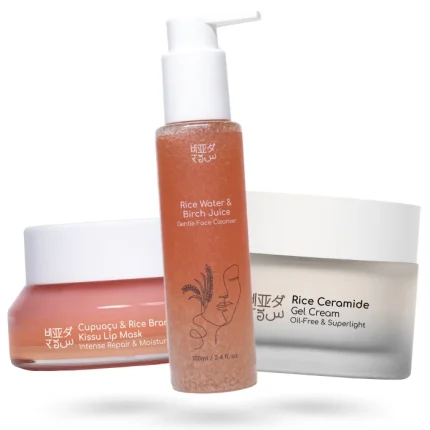
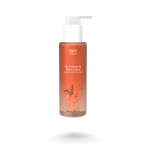 Gentle Face Cleanser - Rice Water & Birch Juice
Gentle Face Cleanser - Rice Water & Birch Juice
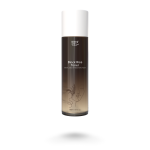 Black Rice Toner - Hyaluronic Acid
Black Rice Toner - Hyaluronic Acid
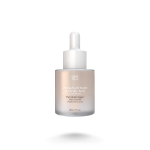 Face Glow Serum - Alpha Arbutin & Ferulic Acid
Face Glow Serum - Alpha Arbutin & Ferulic Acid
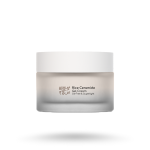 Rice Ceramide Gel Cream
Rice Ceramide Gel Cream
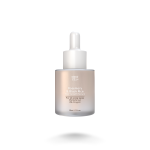 Hair Growth Serum - Redensyl, Anagain & Rosemary
Hair Growth Serum - Redensyl, Anagain & Rosemary
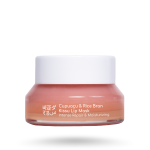 Kissu Lip Mask - Cupuacu & Rice Bran
Kissu Lip Mask - Cupuacu & Rice Bran
